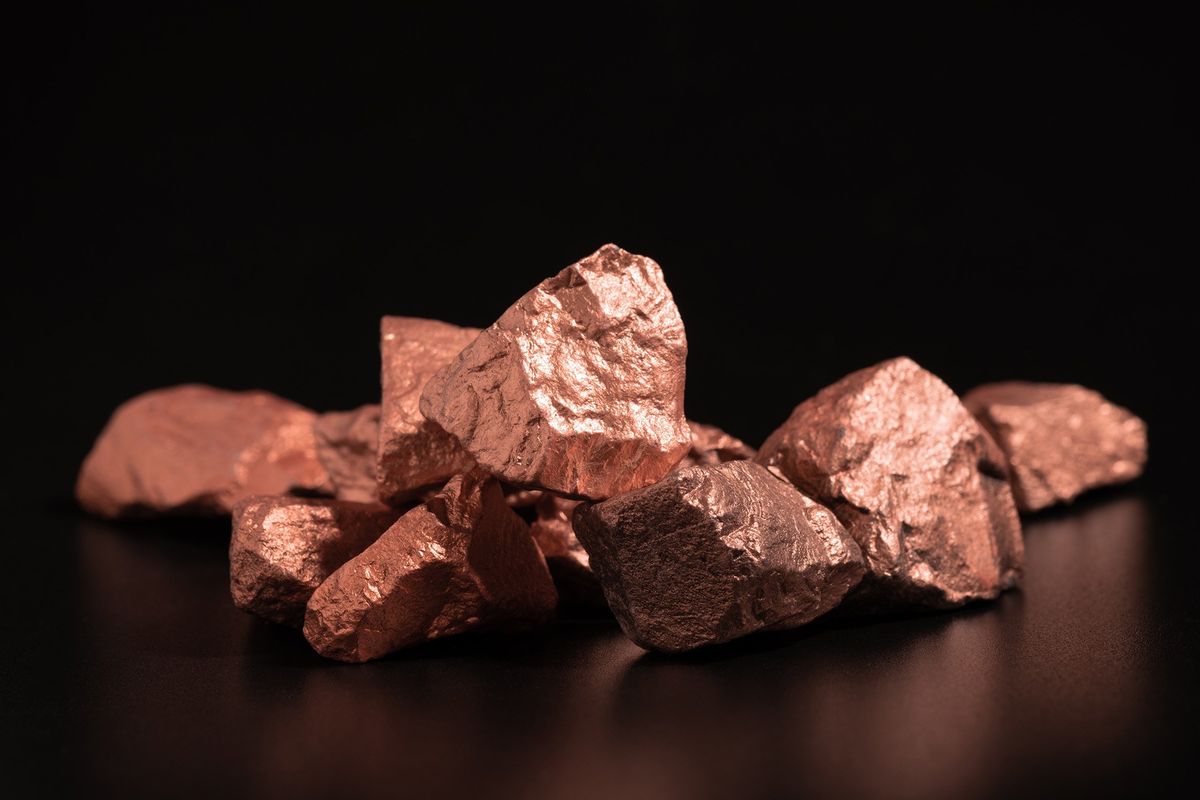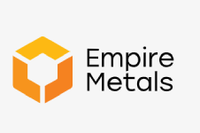5 Major Copper Projects to Watch in 2023
Which major copper projects and expansions should investors keep an eye on in 2023? Here's a look at five to watch as the year progresses.

Macroeconomic factors paired with weaker-than-expected demand impacted the copper market in 2022 — a year in which the red metal experienced high volatility.
How supply and demand dynamics play out this year is yet to be determined, but in the long term more copper will be needed to meet increasing demand for the green energy transition.
Which major copper projects should investors watch in 2023?
According to the International Copper Study Group, copper mine production is expected to increase by 3 percent in 2023, down from the group’s 5 percent growth projection this past October. According to the organization, this decrease is due to "operational and geotechnical issues, equipment failure, adverse weather, landslides, revised company guidance in a few countries and community actions in Peru."
Even with this list of mitigating factors, world copper production is still expected to be positive thanks to additional output coming from new mines and expansions and ramp ups at existing mines. These are mostly expected in the Democratic Republic of Congo (DRC), Peru and Chile.
“In addition, output in a number of countries will recover due to the fact that production at the beginning of 2022 remained restricted as a result of COVID-19 related problems,” the group explains in a report.
Chile is the world’s largest copper producer, putting out 5.2 million metric tons (MT) of copper in 2022, while Peru and the DRC came in at a joint second place at 2.2 million MT each.
Commenting on which projects she'll be watching in 2023, Karen Norton of Refinitiv said Quebrada Blanca Phase II in Chile and the Kisanfu project in the DRC are two of the assets she is keeping an eye out for.
Read on for a look at those assets, as well as three other copper operations that experts think investors should keep an eye out for in 2023. Projects are listed in alphabetical order.
1. Kamoa-Kakula
Ivanhoe Mines (TSX:IVN,OTCQX:IVPAF) — in a joint venture with Zijin Mining Group (OTC Pink:ZIJMF,HKEX:2899), Crystal River Global and the government of the DRC — operates the Kamoa-Kakula copper project in the African country. Phase 1 of the project is able to produce 200,000 MT of copper every year, and a Phase 2 concentrator was commissioned months ahead of schedule in April 2022.
After reaching total copper production of 333,500 MT in 2022, achieving the upper end of its guidance, this year production is expected to reach between 390,000 and 430,000 MT of copper in concentrate.
According to a prefeasibility study for its upcoming Phase 3 and Phase 4 expansions, the company anticipates an average annual production of 654,000 MT of contained copper in concentrate from 2025 to 2029.
Ivanhoe has signed offtake agreements for copper concentrate from the project with CITIC Metal and Gold Mountains International, a subsidiary of Zijin Mining, for 50 percent each of the copper products from Kamoa-Kakula’s Phase 1 production.
2. KFM
KFM, previously named Kisanfu, is located about 33 kilometers from Tenke Fungurume, one of the largest copper-cobalt mines in the DRC. In 2020, the project was bought by CMOC (OTC Pink:CMCLF,HKEX:3993) from US-based Freeport-McMoRan (NYSE:FCX) for US$550 million.
The company is expecting to start production at the project by the end of the second quarter of 2023. Once full production is achieved, the asset is expected to produce an average of 90,000 MT of copper metal and 30,000 MT of cobalt metal per year.
During the first quarter of 2023, KFM achieved output of 4,375 MT of copper and 102 MT of cobalt.
3. Quebrada Blanca Phase 2
With an initial mine life of 28 years, Teck Resources’ (TSX:TECK.A,TSX:TECK.B,NYSE:TECK) Quebrada Blanca Phase 2 project in Northern Chile produced its first bulk copper concentrate in late March. The Vancouver-based company is expecting to advance commissioning and ramp up to full production through 2023.
Teck has invested more than US$5 billion in the project, which is forecast to produce around 285,000 to 315,000 MT of copper per year between 2024 and 2026. When full production is achieved, Quebrada Blanca Phase 2's output is expected to double Teck’s copper production on a consolidated basis.
The TSX-listed company has hiked the costs for the project once again, saying its capital cost guidance could increase to US$8 billion to $8.2 billion.
4. Oyu Tolgoi
Known as one of the largest copper and gold deposits in the world, Oyu Tolgoi is located in the South Gobi region of the Mongolia and is operated by Rio Tinto (ASX:RIO,LSE:RIO,NYSE:RIO). Rio Tinto owns a 66 percent stake in the asset, and the government of Mongolia owns the remaining interest.
The first ore from Oyu Tolgoi was mined at the open pit in April 2012, but over 80 percent of the mine’s total value lies deep underground, where production began in March 2023. Rio Tinto expects Oyu Tolgoi to be the fourth largest copper mine in the world once the underground mine is fully operational. At peak production, the asset is forecast to produce 500,000 MT of copper per year.
5. Udokan
With more than 26 million MT of mineral resources, the Udokan copper project is both Russia’s largest and one of the world’s biggest undeveloped copper deposits. The first stage of the project’s plant will deliver up to 135,000 MT of copper per year, with processing capacity set at 15 million MT.
Established in 2008 to develop its namesake deposit, Udokan Copper is part of the diversified Russian holding company USM, founded by billionaire Alisher Usmanov. The businessman was sanctioned in March 2022 following Russia’s invasion in Ukraine.
This is an updated version of an article first published by the Investing News Network in 2023.
Don’t forget to follow us @INN_Resource for real-time updates!
Securities Disclosure: I, Priscila Barrera, currently hold no direct investment interest in any company mentioned in this article.
Editorial Disclosure: The Investing News Network does not guarantee the accuracy or thoroughness of the information reported in the interviews it conducts. The opinions expressed in these interviews do not reflect the opinions of the Investing News Network and do not constitute investment advice. All readers are encouraged to perform their own due diligence.





